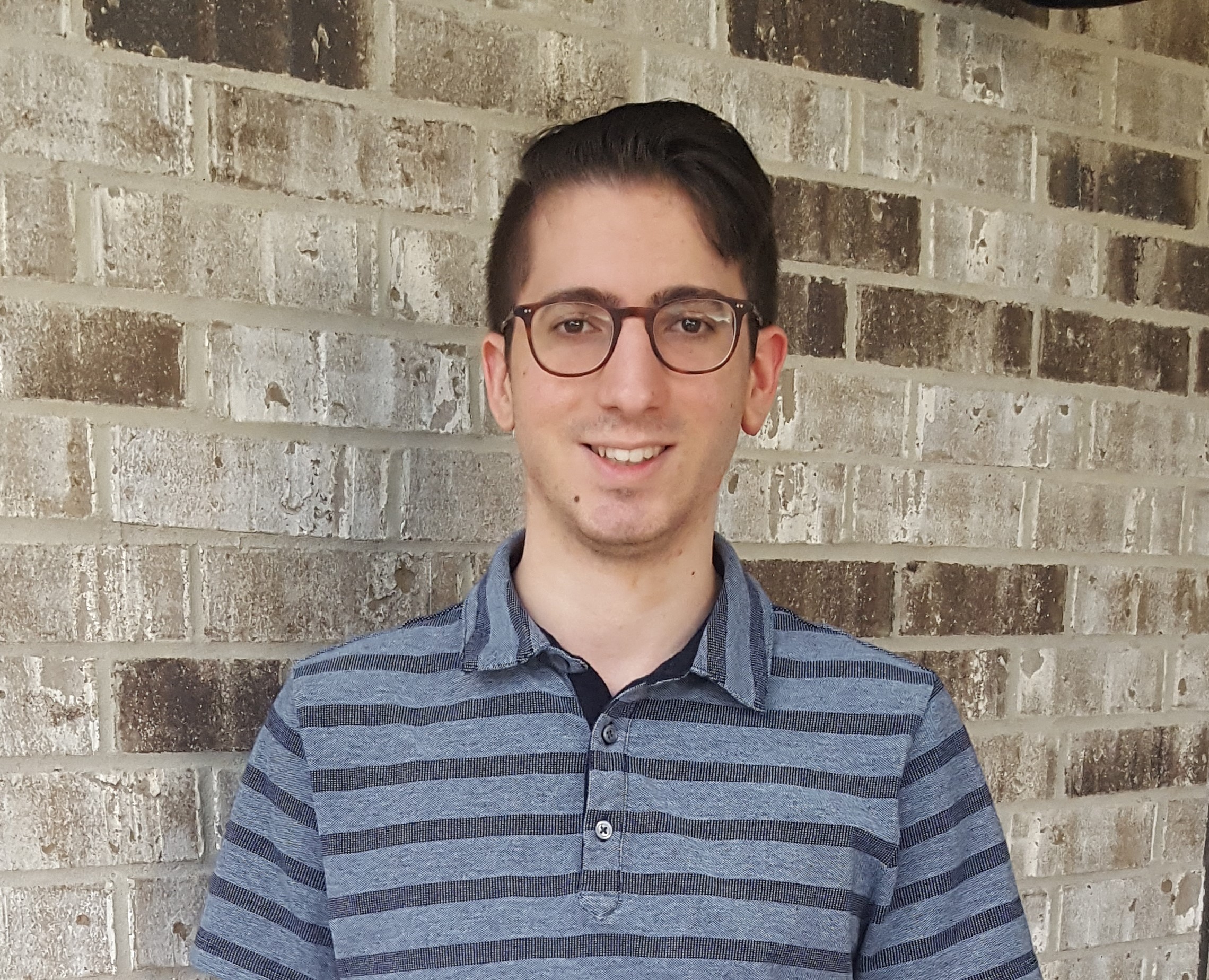This year’s Carey Scholar is Marcos Botto Tornielli, a 22-year-old Computational Engineering student at UT’s Department of Aerospace Engineering and Engineering Mechanics.
The Graham F. Carey Computational Science Scholarship was established to honor the important work of Professor Graham F. Carey in the computational sciences. The $2,500 scholarship is awarded annually and gives preference to participants in the undergraduate CSE Certificate Program and to UT Austin students in the Moncrief Summer Internship Program.
Marcos tells us what drew him to the Oden Institute and computational science and engineering.
“I applied for the Carey Scholarship because I am committed to pursuing a career in computational science and engineering, a field which I want to continue learning about and eventually become an expert in. I am very grateful to have been selected for this award and I greatly appreciate the support for my future career in CSE.
“In the past two years, I have been participating in undergraduate research. I first worked at Dr. David Goldstein’s group, the Computational Fluid Physics Lab, at the ASE/EM department. My first experience at the Oden Institute was the Moncrief Summer Internship Program, which I took part in during the summer of 2020. During this program, I worked on visualizations of storm surge model results in Dr. Clint Dawson’s Computational Hydraulics Group. Since then, I have continued working in Dr. Dawson’s group.
“The aspect of CSE that most appeals to me is trying to better understand the physical world through models and simulations. It is exciting to see how advances in computing and applied mathematics have allowed us to study very complex physical problems that involve several interacting processes and millions of unknowns. I also enjoy the day-to-day work of translating mathematical concepts to scientific code and interacting with cutting-edge technology such as high-performance computers.
“I am graduating in December 2021 and in the future I hope to pursue a PhD in computational science and engineering with a focus on modeling environmental fluid flows. After completing my PhD, I would like to work as a research scientist developing scientific software. I also hope to contribute to CSE outreach and education.”
